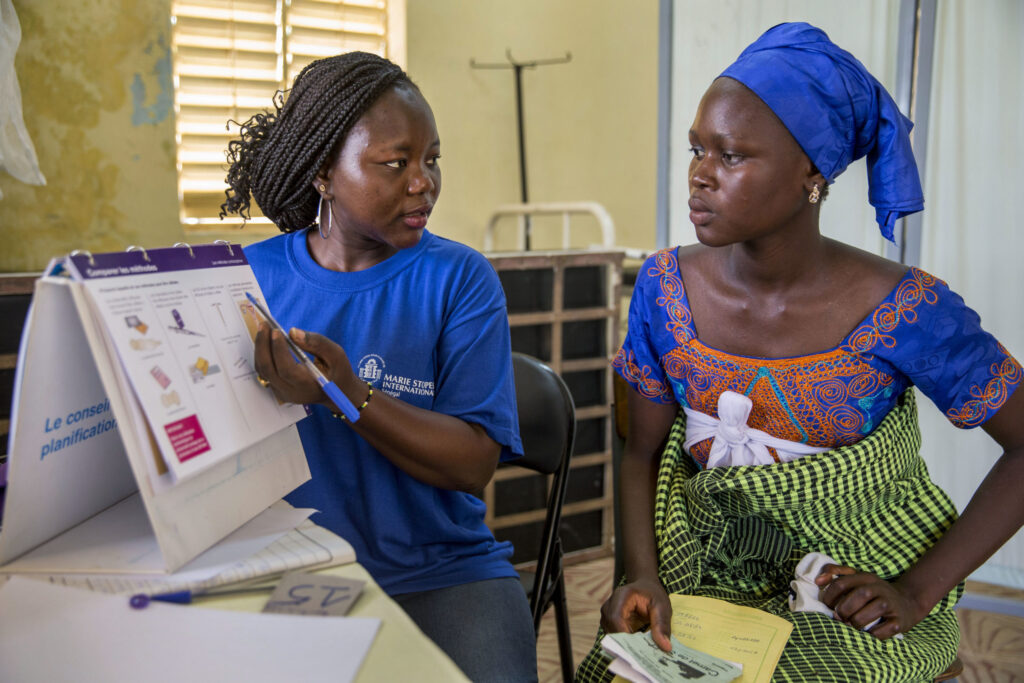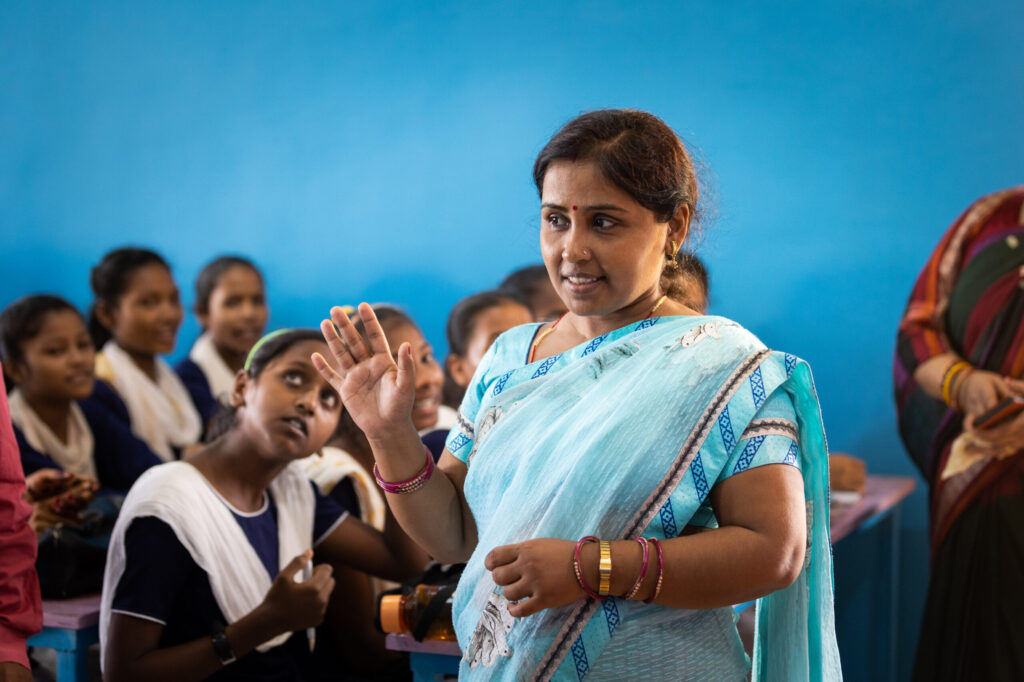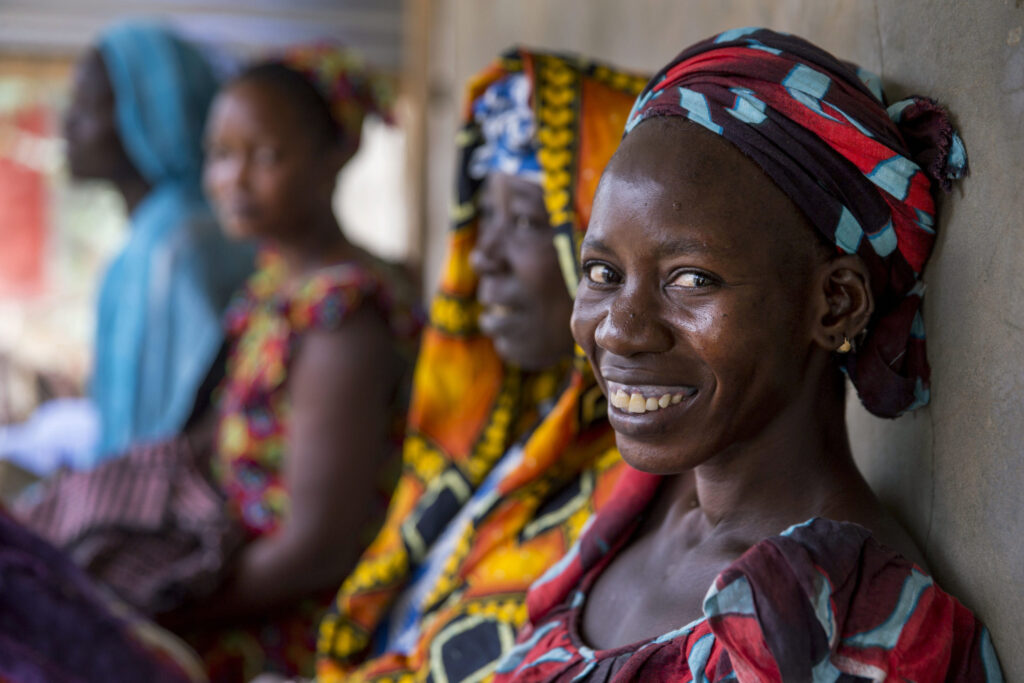 Family planning programs aim to support individuals and couples in exercising their rights to choose the timing and spacing of their pregnancies, to have the information and services to act on that right, and to be treated respectfully, equally, and without discrimination. To achieve this, programs must seek to incorporate the following principles in the implementation and scale-up of all High Impact Practices.
Family planning programs aim to support individuals and couples in exercising their rights to choose the timing and spacing of their pregnancies, to have the information and services to act on that right, and to be treated respectfully, equally, and without discrimination. To achieve this, programs must seek to incorporate the following principles in the implementation and scale-up of all High Impact Practices.
- Voluntarism – Guarantee clients’ decisions are grounded in voluntary action and non-coercion.
- Informed Choice – Provide accurate, complete, correct, and comprehensible information so individuals and couples can make informed reproductive health and contraception decisions
- Contraceptive Method Choice – Make the broadest feasible range of contraceptive methods available and accessible, that are appropriate to the level of service.
- Client-centered – Create a safe, non-judgmental environment that respects and recognizes client reproductive intentions (delaying, spacing, or limiting pregnancy), lifestyles, and preferences throughout their lives.
- High Quality – Ensure availability of safe and high-quality contraceptive products and build knowledge, skills, and competencies of care providers for provision of evidence-based family planning information and voluntary services.
- Continuity of Care – Build and sustain systems to support clients through an uninterrupted supply of contraceptives and related commodities, integrated services along the reproductive life course where feasible, referral systems, and follow-up care.
- Equity – Strive to identify and understand social, ethnic, financial, geographic, age-related, linguistic, and other barriers that may inhibit health seeking behavior and voluntary contraceptive use and make programmatic adjustments to overcome these disparities.
- Gender Equity – Endeavor to be inclusive of women and men by removing barriers to their active engagement and decision-making recognizing the role of family planning in supporting more equitable power dynamics and health relationships.



